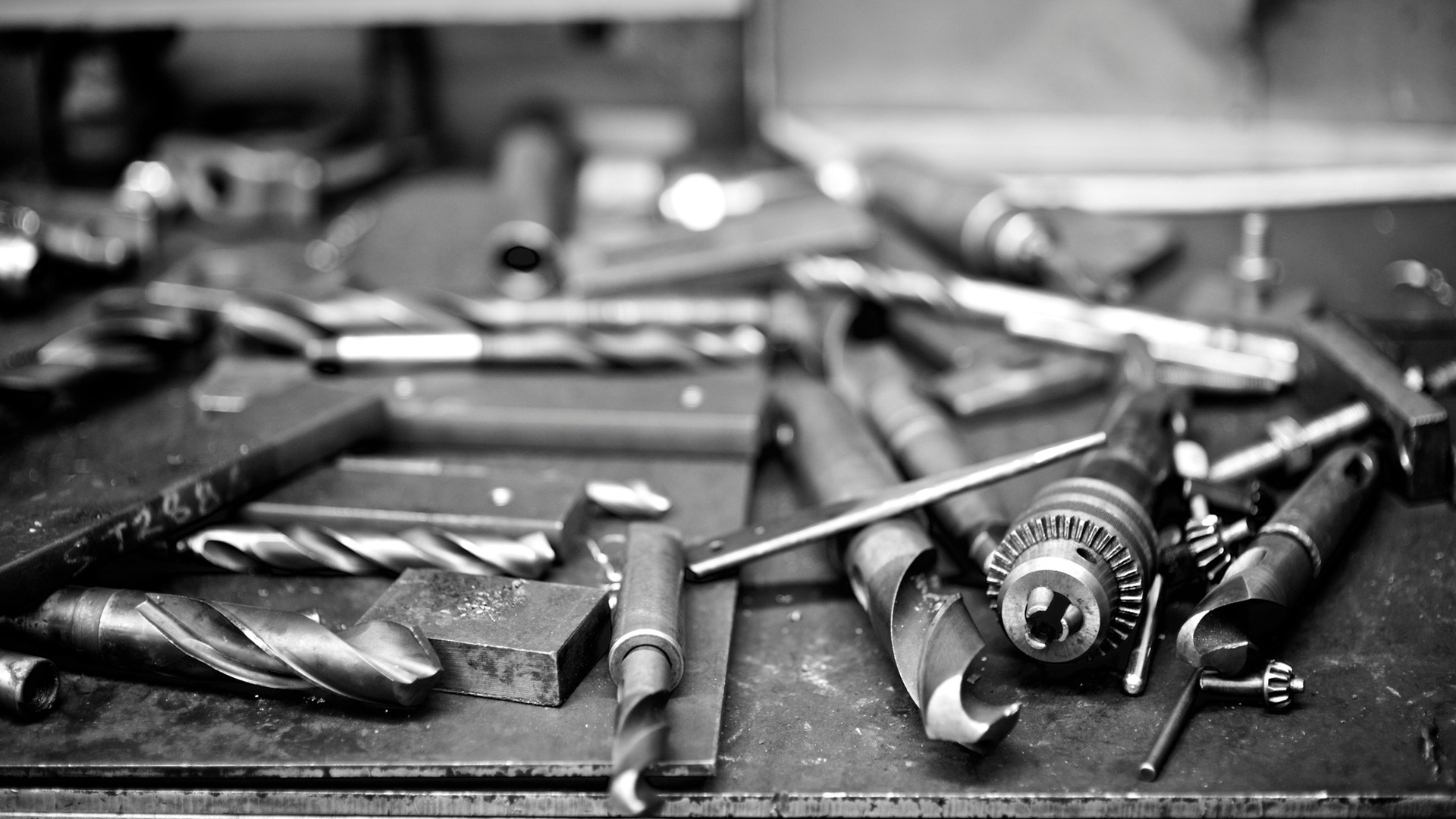

Recycling Tungsten carbide (WC) offers substantial economic advantages for industrial operations. For businesses, it transforms what would otherwise be waste into a valuable revenue stream, with scrap often fetching between $5 and $10 per pound. This recovery reduces the need for new raw tungsten, which is a resource-intensive and environmentally taxing process.
Beyond financial gains, recycling WC is a powerful statement of environmental stewardship. It significantly reduces the carbon footprint associated with primary tungsten mining and processing, extending the lifecycle of a critical material and conserving finite resources.
Participating in WC recycling through a trusted partner is not just an economic transaction; it is a strategic move for supply chain resilience and corporate social responsibility. The world’s tungsten supply heavily relies on exports from a limited number of countries, such as China and Slovakia. This reliance can expose manufacturers and industrial operations to volatile global market prices and geopolitical risks. By actively engaging in recycling, businesses contribute to a more localized and secure supply chain, helping insulate local manufacturers from price swings and ensuring a more stable supply of this vital material.
The most significant factor affecting a drill bit’s scrap value is whether it is made of solid tungsten carbide or tipped. Solid carbide bits are entirely composed of tungsten carbide, which makes them invaluable in demanding, high-precision, or high-wear applications. Their superior performance and longevity are attributed to their high tungsten carbide content, which increases scrap value.
In contrast, tipped bits have only a small carbide insert brazed or welded to a steel shank. While they are effective for certain tasks, their low carbide content results in significantly lower scrap value than solid carbide bits.
High-quality tungsten carbide drill bits typically exhibit a distinct appearance characterized by a dark gray, matte finish. Most tungsten carbide drilling tools have this characteristic hue, though some premium models may feature a polished surface or specialized coatings. Despite these variations, the underlying material consistently retains its dark gray color. Additionally, the color and finish of tungsten carbide bits are generally more uniform than those of tool steel or bits with diverse coatings, resulting in a consistent, aesthetically pleasing appearance.
Reputable manufacturers often enhance the authenticity of their high-end tooling with specific engravings that indicate material quality and composition. You can frequently find direct stamps on the bits that say “Carbide” or “WC,” alongside other markings that might specify ISO tool grades, such as K10 or P30, or particular alloy designations. These engravings are strong indicators of genuine, high-grade tungsten carbide.
Lastly, a non-magnetic test can effectively confirm the material composition of the drill bits. Solid tungsten carbide is non-magnetic, distinguishing it from tool steel and carbide-tipped bits, where steel makes up the majority of the tool. If a magnet does not attract the drill bit, it strongly suggests that the bit is made of solid carbide, indicating both high quality and scrap value.
At Quest Metals, we take pride in being your premier partner for professional tungsten carbide recovery. Our team specializes in accurate grading, precisely identifying and assessing your carbide tools, ensuring you receive fair market value for your materials. We understand the importance of maximizing your financial return, which is why we offer top-dollar payouts for your tungsten carbide scrap. We are dedicated to serving machine shops, tool manufacturers, and industrial recyclers by providing seamless, efficient recycling solutions tailored to your needs. Don’t let valuable tungsten carbide scrap go to waste; segregate your high-grade tungsten carbide tooling and contact Quest Metals today. Together, we can create professional recovery and recycling solutions that benefit both your bottom line and the environment.